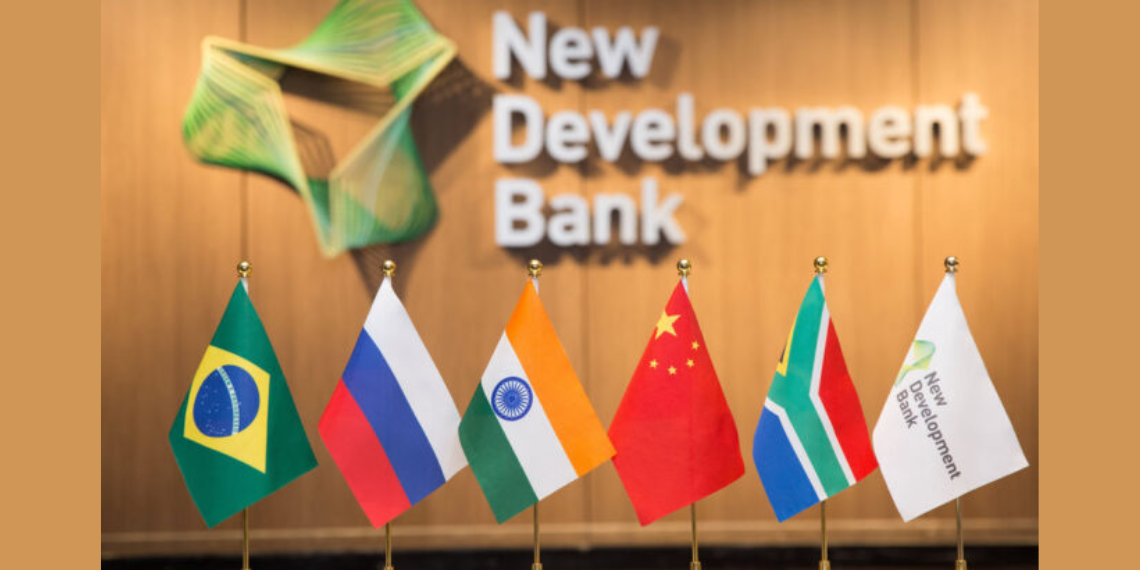In a bold move that challenges the US-dominated World Bank, the New Development Bank (NDB), established by the BRICS group, embraces local currencies for its loans.
NDB President Dilma Rousseff has confirmed that the bank plans to provide 30% of loans in local currencies of its member nations, effectively moving away from using the US dollar in international trade.
BRICS aiming for financial independence
Rousseff, who served as Brazil’s president from 2011 until her impeachment in 2016 and took over the NDB leadership in March 2023, is convinced that utilizing local currencies is essential in reducing dependency on the US dollar.
The use of local currencies will help the BRICS countries avoid foreign exchange risks and financial shortages that may hamper long-term investments.
During an April 14 interview with Chinese media outlet CGTN, Rousseff shared her vision for the NDB’s currency strategy, “It is necessary to find ways to avoid foreign exchange risk and other issues such as being dependent on a single currency, such as the US dollar.”
Under this initiative, the NDB will commit 30% of its loan book to be financed in the currencies of BRICS member countries, which include Brazil, Russia, India, China, and South Africa.
Rousseff cited China and Brazil as prime examples of countries that have already embraced trading in their respective currencies, the Chinese yuan, and the Brazilian real.
Rousseff emphasized that this new direction in local currency financing would be “extremely important to help our countries avoid exchange rate risks and shortages in finance that hinder long-term investments.”
Challenging the dominance of the US dollar
The NDB’s decision to pivot towards local currencies highlights the growing global desire to challenge the US dollar’s dominance. Incumbent Brazilian President Luiz Inacio Lula da Silva, who attended Rousseff’s swearing-in ceremony in Shanghai, called for the creation of “a world with less poverty, less inequality, and more sustainability.”
Rousseff stressed the need for an anti-crisis mechanism that is counter-cyclical and supportive of stabilization, particularly given the threat of high inflation and restrictive monetary policies in developed countries.
South African International Relations Minister Naledi Pandor shared that the BRICS group is discussing the development of a fairer monetary exchange system to weaken the dominance of the US dollar.
The current systems favor wealthy countries, creating challenges for nations like South Africa that must make payments in dollars at a higher cost.
In addition to the five core BRICS nations, the NDB has extended its membership to include Bangladesh, Egypt, and the United Arab Emirates. Uruguay is in the process of joining the bank, while several other countries have expressed interest.
Argentina, Iran, and Algeria have formally applied to join the extended BRICS+ group. Russian Foreign Minister Sergey Lavrov confirmed that Egypt, Turkey, Saudi Arabia, the UAE, Indonesia, Argentina, Mexico, and several African countries have also shown interest in joining the growing network.
The NDB’s push for local currency financing marks a significant shift in the global financial landscape, further challenging the supremacy of the US dollar and paving the way for increased financial independence for the BRICS countries and beyond.





